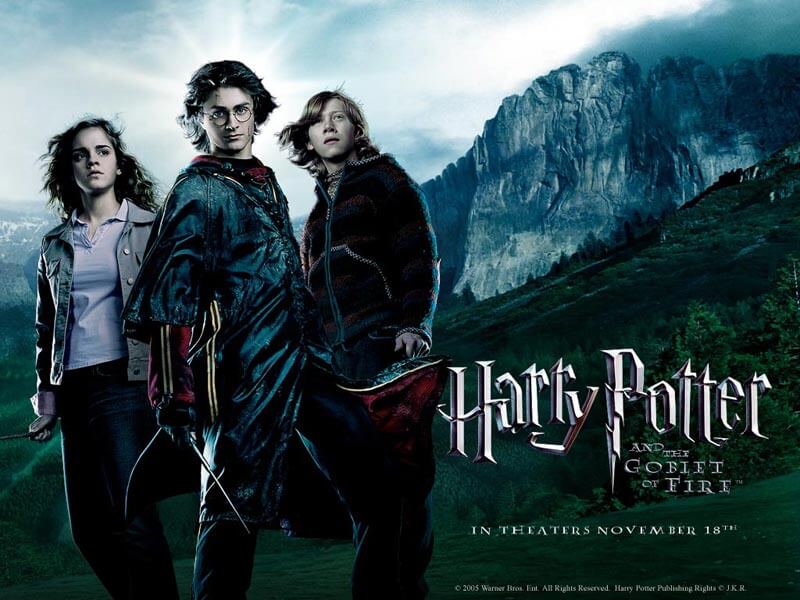Results
-
 £33.00
£33.00 -
 £33.00
£33.00 -
 £69.95
£69.95FOUR SCOTTISH DANCES (Brass Band - Score and Parts) - Arnold, Malcolm - Farr, Ray
Recorded on Polyphonic QPRL207D Quincentenary Concert
Estimated dispatch 7-14 working days
-
 £32.95
£32.95FOUR SCOTTISH DANCES (Brass Band - Score only) - Arnold, Malcolm - Farr, Ray
Recorded on Polyphonic QPRL207D Quincentenary Concert
Estimated dispatch 7-14 working days
-
 £58.60
£58.60FOUR SCOTTISH RENAISSANCE DANCES (Brass Band) - Smith, Sandy
Medium/Easy Includes: Almayne; Paven; Galliard; Coranto
Estimated dispatch 7-14 working days
-
 £33.00
£33.00 -
 £64.00
£64.00SCOTTISH DANCES (Brass Band) - Fernie, Alan
Includes: The Last Train to Breicht; To a Lass wi Golden Hair; All Night Hooley in Glebe Street. Grade: Medium.
Estimated dispatch 7-14 working days
-
 £26.50
£26.50 -
 £33.00
£33.00 -
 £29.50
£29.50Hogwart's March - Patrick Doyle - George Marshall
From the fourth installation of the Harry Potter series comes 'Harry Potter & The Goblet of Fire'. This was the first of the Harry Potter films not to be scored by John Williams. Instead, Scottish Composer, Patrick Doyle was handed the gauntlet and he produced a gem of a score that lived up to the magic on screen. Although darker than the previous three films, the light-hearted 'Hogwart's March' featured predominantly at the Triwizard tournament. Now available for band, this work is perfect for band's looking to add a little magic to their programme. Instantly recognisable by the younger players and audience, and a different take on the traditional Brass Band march. To download the Solo Cornet part, please CLICK HERE . To download the Solo Horn part, please CLICK HERE . To download the Solo Euphonium part, please CLICK HERE . To download the playback audio to play along to, please RIGHT CLICK HERE & Save As .
In Stock: Estimated dispatch 1-3 working days
